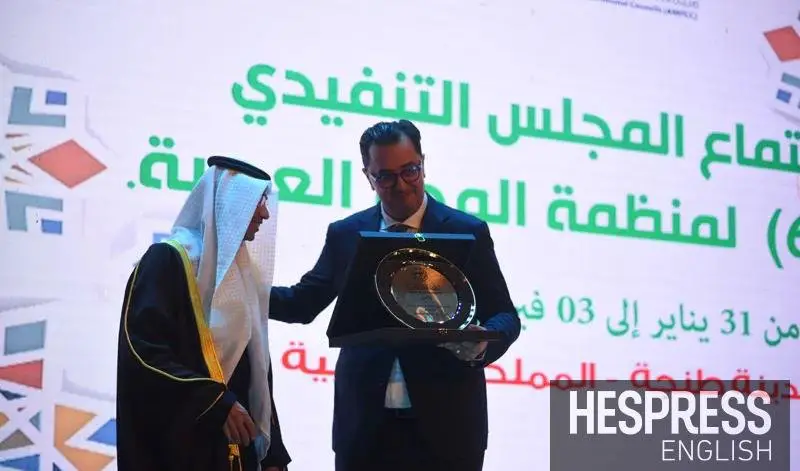Younes El Tazi, Wali from the Tanger-Teuan-Al Hceima region, emphasized Morocco’s commitment to improve urban infrastructure and to deal with the global challenges before the joint hosting of the 2030 World Cup with Spain and Portugal. During the opening meeting of the 62nd Executive Council of the Arabic cities in Tangier, El Tazi emphasized the ongoing efforts of the nation in terms of urban development, sustainable mobility and environmental protection.
He found that the Arab cities in areas such as urban planning, renewable energies and youth employment stand with considerable challenges and emphasize the need for guidelines that promote innovation and entrepreneurship. “These efforts require collective measures to promote positive changes in Arabic cities,” said El Tazi.

El Tazi also referred to the achievements of Morocco in decentralization of governance and modernizing the infrastructure as part of the country’s wider development model. “These initiatives correspond to the royal vision that people and the environment focus on our guidelines,” he added. He was proud of the development progress of Morocco, especially in the southern regions in which infrastructure projects strengthen connectivity and sustainability.
El Tazi, which highlighted the innovative transport solutions in Morocco, referred to the high-speed train line “Al-Boraq” as a significant milestone for improving sustainable mobility. He also mentioned improvements in public transit in cities through trams and high -quality buses.

In the meantime, the mayor Younes Lemouri emphasized the need for innovative local solutions to cope with the challenges through urban expansion, environmental pressure and social changes. Lemouri called for guidelines that reconcile economic growth with ecological sustainability and at the same time preserve cultural identities. He highlighted the Greater Tangier project, an example of integrated urban planning that focused on improving the quality of life, public transport and maintaining the cultural heritage.
The conference ended with the demand for a stronger cooperation between Arabic cities to create a roadmap for sustainable urban growth and joint development goals. Lemouri emphasized that such cooperation is of crucial importance for the design of a promising future for future generations.






